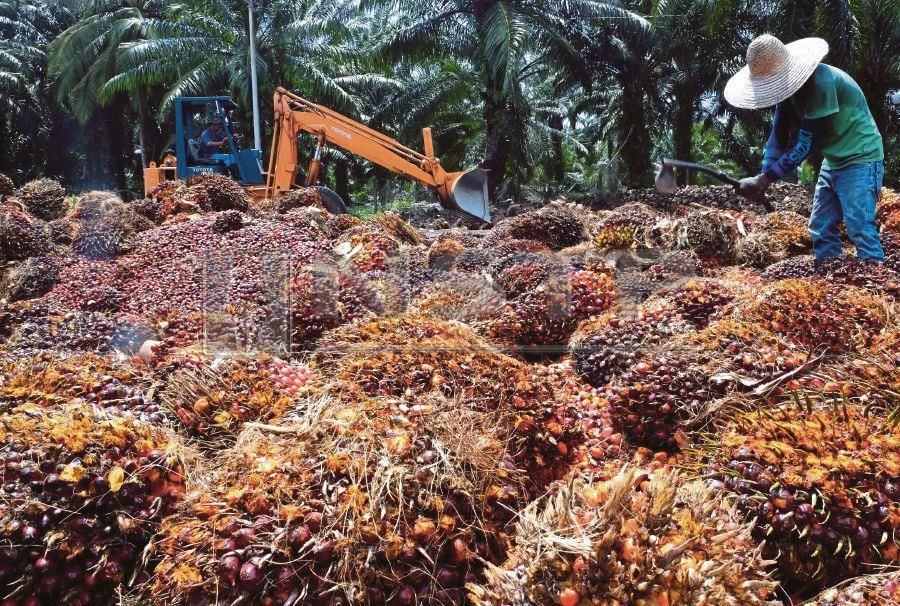Weaker performance from TH Plantations due to large impairments
KUALA LUMPUR: TH Plantations Bhd reported a weaker set of results for the fourth quarter and financial year ended Dec 31, 2018 weighed down by impairments for its plantation assets, lower output and fair value loss in forestry.
TH Plantations reported net losses of RM578.23mil in Q4 and RM594.61mil in FY18. In Q4 of 2017, it posted net losses of RM28.27mil but it was profitable in FY17 at RM22.41mil.
TH Plantations reported net losses of RM578.23mil in Q4 and RM594.61mil in FY18. In Q4 of 2017, it posted net losses of RM28.27mil but it was profitable in FY17 at RM22.41mil.
Its revenue for FY18 fell by 24.5% to RM519.32mil from RM687.98mil a year ago. In Q4, its revenue fell by 33.2% to RM118.62mil from RM177.71mil.
“In total, the group recognised RM594.89mil of impairments, write-offs, write-downs and fair value changes for FY2018, which significantly impacted the group’s bottom line,” it said.
Newly-appointed CEO of TH Plantations, Muzmi Mohamed said, “At the operational level, we saw weaker revenues from significantly lower selling prices as well as lower output and sales volumes of both crude palm oil (CPO) and palm kernel (PK).
“Despite recording a 3% growth in fresh fruit bunches (FFB) production and a 4% decrease in operating costs, the impact of lower prices and lower volume of CPO and PK was much more significant. Excluding the impairments and one-off charges, the group registered a core loss of RM89.4mil,” he said.
Muzmi said for FY2018, the group produced 910,316 tonnes of FFB but CPO output and sales decreased by 4% and 5% respectively from 2017.
TH Plantations's average realised CPO selling price for 2018 was RM2,121 per tonne, down by 21% a year ago. Its average realised PK price was RM1,709 per tonne, down by 30%.
For Q4, FY18, total FFB production was up less than 1% to 252,687 tonnes while CPO output and sales fell by 2% and 4% respectively.
The average realised CPO selling price recorded for the quarter was RM1,821 per tonne, down 28% from a year ago. Average realised PK price for the quarter fel by 46% to RM1,377 per tonne.
“The results were further affected by the impairments incurred by the group, amounting to RM446.83mil.
“These impairments were mainly from plantation assets which had been identified for divestment in the next 12 months. In addition, the group also recognised a fair value loss in forestry of RM134.03mil due to a change in market conditions,” he said.
Muzmi said the impairments were inevitable and part of the group’s rationalisation plans moving forward.
He pointed out the persistently challenging operating conditions and weak performance had brought to light a pressing need to carefully review its position.
“Moving forward, we have identified several assets which we would like to divest in the near future. The group anticipates with this rationalisation exercise, it will be in a better financial position,” he said.




